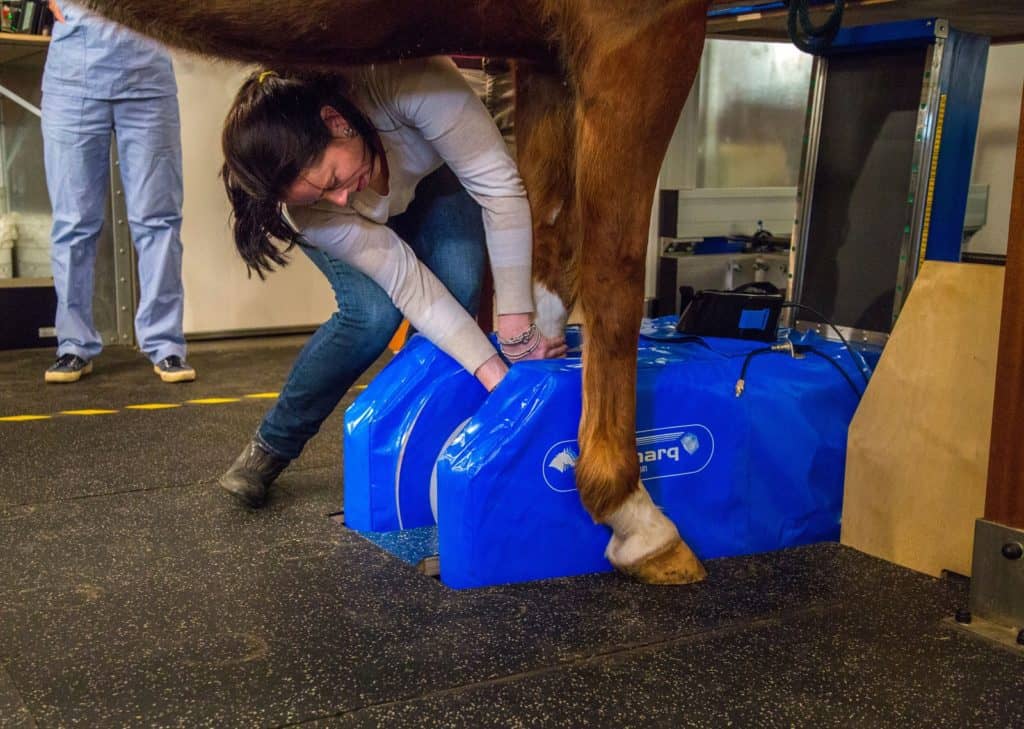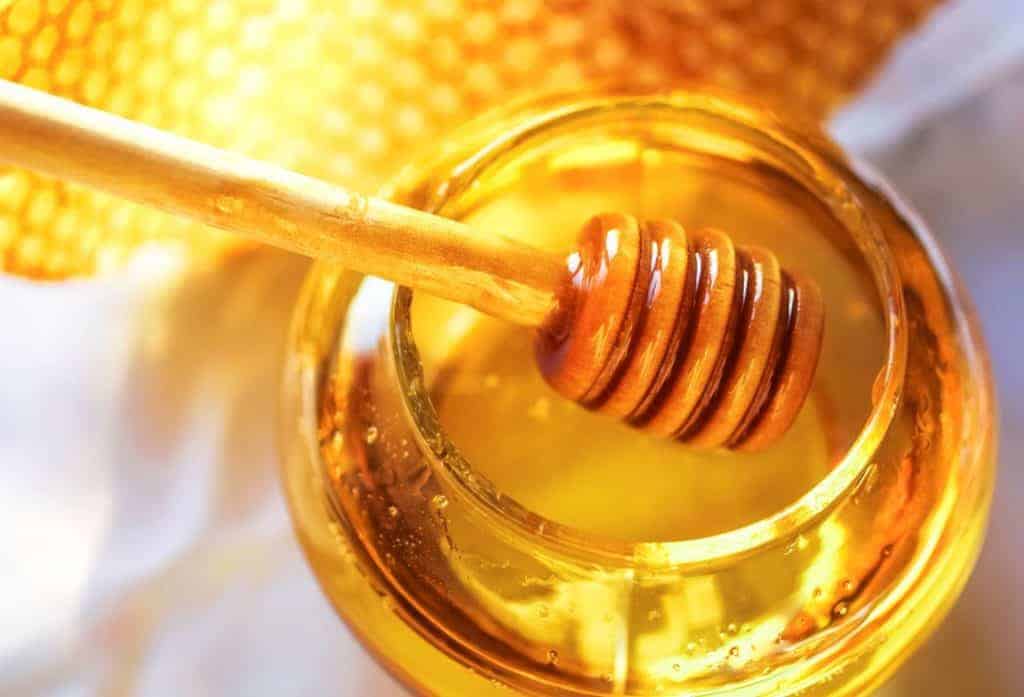
Best Practices for Successful Skin Grafts in Horses
Proper technique and keeping the graft immobile can mean a faster-healing, less expensive treatment process.

Proper technique and keeping the graft immobile can mean a faster-healing, less expensive treatment process.

Select the right technique, or combination of techniques, to promote healing in each horse.

Knowing how different dressings work, as well as selecting the right type for each stage of healing, can improve treatment outcomes.

Three practitioners share advice on how to best care for your horses following a disaster.

Indian researchers found resistant proud flesh became undetectable within weeks of treatment with the newly developed desert cotton leaf extract.

To help our readers better understand soft tissue injuries, we combed our content library to find our top resources on the topic.

Researchers treated neck wounds with a commonly accepted LED light therapy and saw no positive effects.

Learn how to manage minor leg wounds in our step-by-step visual guide.

Using 0.2% PHMB-impregnated gauze reduced the growth of underlying bacteria commonly implicated in orthopedic wounds and infections of horses.

Take a look inside Rood & Riddle Equine Hospital’s vet-recommended equine first-aid kit for minor wounds.

Being prepared for an equine emergency can help make the situation less stressful and result in a more positive outcome.

After identifying the affected structures, veterinarians can use ultrasound, radiographs, and synoviocentesis to assess synovial involvement.

Using the natural antimicrobial prophylactically offers another line of defense against incisional infection in horses undergoing colic surgery.

As concerns over antibiotic resistance grow, equine veterinarians look for ways to treat wounds without reaching for these powerful drugs. Here are some of their options.

The secret to better equine wound healing might have been with us all along, thanks to bees.

Rabies is a concern when horses are bitten by unknown animals. Find out how to protect your horse.
Stay on top of the most recent Horse Health news with
"*" indicates required fields